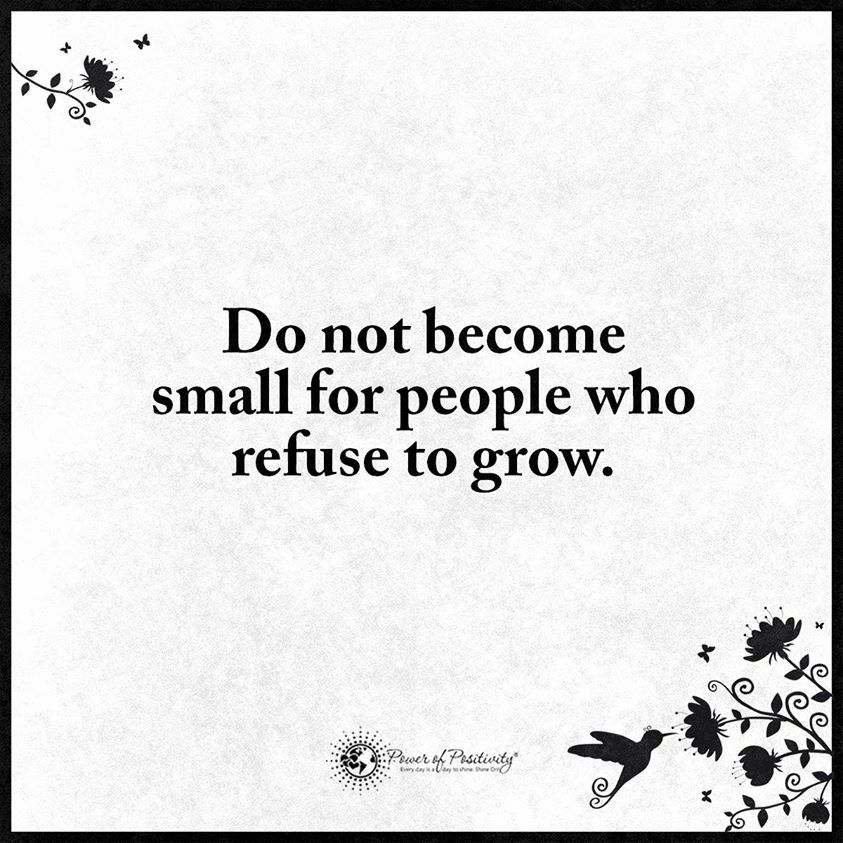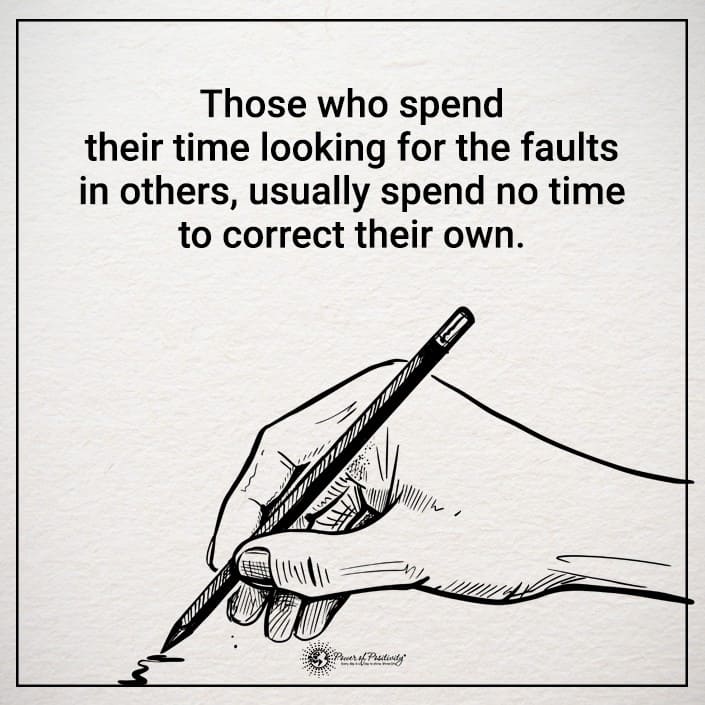Let’s face it – we all run across our fair share of rude people. In so many situations, rudeness is entirely uncalled for. It probably catches you off-guard, especially if you’ve done nothing to earn it.
When people are rude, it’s usually because of some underlying situation that may be happening to them. It’s rarely because of anything that you did. You happen to be at the receiving end of the wrong statement at the wrong time.
Sometimes you may run into people who have a rude personality. You may be surprised that they don’t even consider themselves rude. After all, the level of rude behavior is determined by cultural norms. What’s rude in one state may be acceptable in another.
If you feel like someone is rude to you, you can nip it in the bud with a firm but a kind statement. This type of message is best because rude behavior will only spawn more disrespectful behavior.
10 Phrases to Use to Respond to Rude People
Below are ten statements that you can use to help set your boundaries.
 1. “If you don’t have anything nice to say, don’t say anything at all.”
1. “If you don’t have anything nice to say, don’t say anything at all.”
This is a classic way people have addressed rudeness for decades – possibly centuries. You’ve probably heard this when you were younger. Perhaps it was from a teacher, a parent, a mentor, or some other adult that aimed to teach you how to be polite. Unfortunately, some people forget their manners as adults and must be reminded of this little quip. As simple as the statement seems, in most cases, once you remind them, it will sink in once again like it did in childhood.
2. “I don’t allow people to talk to me in that rude of a way.”
This powerful statement may seem like you’re scolding the person. You become authoritative in telling them what you will and will not allow. This lets them know you value yourself enough to not deal with someone who can’t respect your opinions, positions, and/or feelings. If you make this statement, make sure you mean it. If they don’t cut out the rudeness, cut them off or end the conversation. This keeps you in control and lets them know you mean business.
“3. When you think of a better way to address me, talk to me later.”
This statement serves a couple of purposes. The first is that it stops the rude person in their tracks. There could be a slight chance that they don’t realize they’re snappy, which will make them aware of this issue. However most rude people know they’re rude, but you don’t have to put up with that. The second purpose is that it still leaves the door open for the conversation once the rude person has found a way to correct themselves. Walking away right after making this statement will make it hit home.
3. “You should rethink that rude statement that you just made.”
This is a firm statement, but one that isn’t confrontational. This is a great way to point out that a person has said something wrong. Sometimes people can say things in the heat of the moment they don’t mean or be irritated, which makes them rudely say things. This statement can help them pause momentarily, realize that they’re directing their irritability to the wrong person, and change their attitude toward you. Sometimes people need redirection.
4. “I will let your rude statement slide…this time.”
Sometimes when people are rude, the best thing to do is to turn the other cheek. It’s hard, but it can be a beneficial practice in certain situations. You don’t always have to confront everything. It would be best if you chose your battles wisely. This statement allows you to do just that while letting the person know you’re aware of their rudeness. This way, they know you won’t allow them to continue their rudeness, but you’re also giving them a one-time pass to correct themselves the next time they talk to you.
5. “I know you were raised better than that.”
This is a statement that is more often heard spoken by an adult to a child. However, if an adult is being rude and acting childish, you can try it on them. The statement is a bit of a risk. You may not know if they were raised better than that or not. However, there is nothing wrong with having a bit of hope. Plus, it draws attention to the fact that they’re rude, which could be enough to change their attitude.
 6. “I understand that you’re upset about something, but I would appreciate it if you don’t take it out on me.”
6. “I understand that you’re upset about something, but I would appreciate it if you don’t take it out on me.”
This is a firm but extremely kind statement to make to someone who has just been rude to you. You’re standing up for yourself but also making the person comfortable and at ease. You never know what people are going through. Situations can make people behave in ways they otherwise wouldn’t and cause them to be rude because they aren’t handling their problems well. A statement like this can wake them up to the fact that they’re harsh and, hopefully, they’ll change the behavior.
7. “Let’s start this conversation over.”
This statement indirectly addresses the rudeness and allows the person to self-correct before you need to correct them. It shows that you will forgive their brief indiscretion and pretend it didn’t happen. Sometimes people impulsively say things that they quickly regret. But if they are ready to let it go, the conversation could turn out a lot better than before. It’s a way to forgive and forget without saying that you will do so.
8. “I don’t know what your problem is, but let’s end this now before things get worse.”
This statement is on the kindness border. Depending on how you say it, it could be interpreted as a bit threatening. If you want to sound kind, make sure you use a softer tone that isn’t aggressive in any way. Being nice when you say this can still have the same effect as if you say it aggressively. Being nice about it can prevent an argument or altercation. However, it also protects you because you’re letting the person know that you won’t be pushed around.
9. “You need to re-evaluate the way you speak to people.”
This is a kind and firm statement, but there is a chance that it may not get the results you desire. That’s because it’s almost like a direct order, and if the person is upset, they may be resistant to this order. Of course, you don’t mean it that way, but when a person is not in their right state of mind, they aren’t thinking logically. Hopefully, the person can snap out of it quickly in your case.
10. “Wow, you must have woken up on the wrong side of the bed this morning!”
This is a kind and firm statement with a touch of humor added in. Some rude people may react to that humor in a good way by softening up a bit. However, this humor will be interpreted if you say it with a friendly tone of voice. If not, you may sound like your coming back with an argumentative quip, and that will get you nowhere fast.
 Final Thoughts on Addressing Rude People
Final Thoughts on Addressing Rude People
We’ve all been there. At some point in your life, you’ve been the victim of a rude person. It doesn’t feel right, and no one should put up with that type of treatment. You must nip the problem in the bud so they know they cannot continue that behavior.
A lot of rude people use this behavior as a type of armor. They feel like it helps them protect their feelings, so they dish it out as often as possible. Unfortunately, this is an issue that the person must work out independently. Even if you’re nice about them being rude, they may continue to behave that way.
However, you can look on the bright side of things and try to remain positive. After all, positivity breeds positivity, so if you respond to their rudeness with kindness, they might change the error of their ways.
The main point is that you can’t let a person continue to be rude to you, even if they’re going through some things. It would be best if you were firm about letting them know you want them to cease the behavior, but you don’t have to be mean about it. Using these firm but kind statements above, you can set boundaries with a rude person while being civil.

















